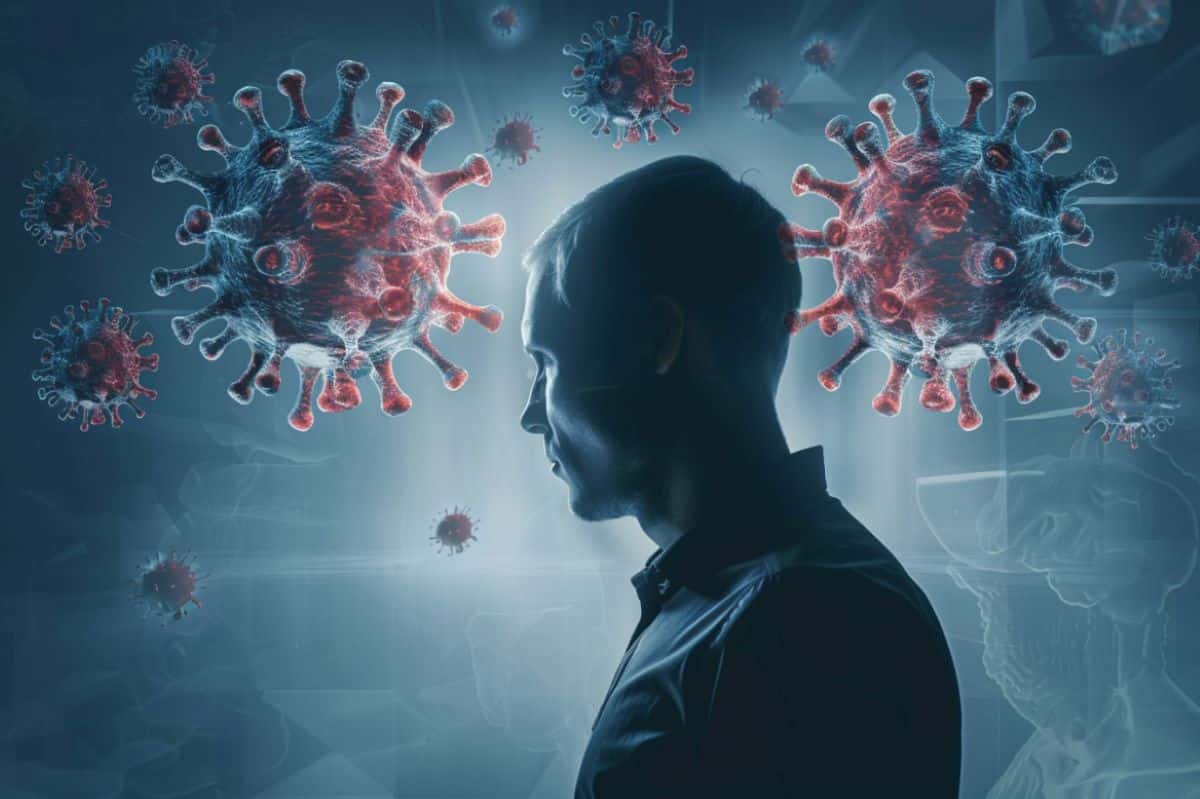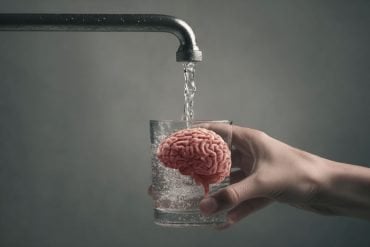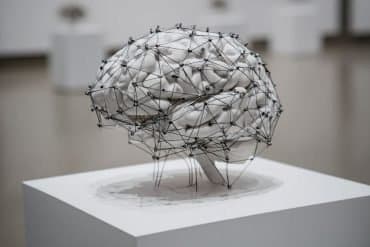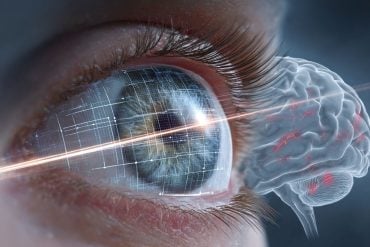Summary: COVID-19-induced cognitive impairment is linked to the protein IL-1β. Researchers found that vaccination can reduce brain inflammation and memory loss in rodent models. This suggests vaccines may lower the risk of long COVID brain fog. More research is needed to confirm these findings in humans.
Key Facts:
- IL-1β Protein: Linked to cognitive impairment and reduced neurogenesis.
- Vaccination Benefits: Reduces brain inflammation and cognitive symptoms.
- Research Findings: Vaccinated models showed less memory loss and brain function impact.
Source: University of Western Ontario
Since the outset of the COVID-19 pandemic, 10 to 30 percent of the general population has experienced some form of virus-induced cognitive impairment, including trouble concentrating, brain fog, or memory loss.
This led a team of researchers to explore the mechanism behind this phenomenon and pinpoint a specific protein that appears to be driving these cognitive changes.
A new study published in Nature Immunology, led by researchers at Western and Washington University School of Medicine in St. Louis, Missouri, also looked at how vaccination may help reduce the impacts of memory loss following COVID-19 infections.

The research team, including Schulich School of Medicine & Dentistry professor Dr. Robyn Klein, who joined Western from Washington University used rodent models to better understand how COVID-19 impacts cognitive impairment.
“We looked carefully at their brains during acute infection and then later after recovery to discover what was abnormal in terms of the different immune cells trafficking into the brain and their effects on neural cells,” said Klein, who holds the Canada Excellence Research Chair in Neurovirology and Neuroimmunology.
Klein said she was concerned by reports of cognitive impairment in the early days of the pandemic, which led researchers to question whether the virus was invading the central nervous system.
Klein’s previous work studied viruses that invade the brain.
“We had previously shown that the virus could not be detected in human or hamster brains, and this study also showed that the virus was not invading the central nervous system,” said Klein. The finding means some other mechanism is leading to cognitive impairment.
The team identified SARS-CoV-2 infection increased levels of brain Interleukin-1 beta (IL-1β), a cytokine protein that impacts the immune system. The team observed that the models with increased levels of IL-1β experienced loss of neurogenesis, the process by which new neurons are formed in the brain, and also displayed memory loss.
Vaccination reduces cognitive symptoms
The team concluded IL-1β was one potential mechanism driving SARS-CoV-2-induced cognitive impairment, and wondered whether this may be prevented by vaccination.
Researchers then investigated how vaccinated models were impacted. They found a promising correlation between vaccination and reduced cognitive impairments like memory loss.
The researchers showed that prior vaccination reduced inflammation of the brain and lowered levels of IL-1β. As a result, the vaccinated models experienced less of an impact on memory and brain function.
Klein says there is still more work to be done to fully understand how vaccinations are achieving this result, and whether it will translate to humans.
“We know there’s anecdotal evidence that humans who’ve been vaccinated have a much lower risk of developing this long COVID brain fog,” said Klein.
The vaccine used in the study is not the same as the vaccines available to people, Klein stressed, meaning more studies will need to be conducted to further investigate the connection between vaccination and reduced long COVID impacts.
“What we do know is that if you’re vaccinated you have much less inflammation,” said Klein.
Vaccination is about lowering the risk of the impacts of infection, not completely preventing infection, she added. For example, a vaccine can protect individuals from developing severe pneumonia, but that doesn’t mean it completely protects against pneumonia.
The same is likely true for cognitive impacts.
“People need to understand that about vaccines,” Klein said. “They need to know what vaccines can do and what they can’t do.”
About this memory and COVID-19 research news
Author: Cynthia Fazio
Source: University of Western Ontario
Contact: Cynthia Fazio – University of Western Ontario
Image: The image is credited to Neuroscience News
Original Research: Closed access.
“Vaccination reduces central nervous system IL-1β and memory deficits after COVID-19 in mice” by Robyn Klein et al. Nature Immunology
Abstract
Vaccination reduces central nervous system IL-1β and memory deficits after COVID-19 in mice
Up to 25% of individuals infected with severe acute respiratory syndrome coronavirus 2 (SARS-CoV-2) exhibit postacute cognitive sequelae.
Although millions of cases of coronavirus disease 2019 (COVID-19)-mediated memory dysfunction are accumulating worldwide, the underlying mechanisms and how vaccination lowers risk are unknown. Interleukin-1 (IL-1), a key component of innate immune defense against SARS-CoV-2 infection, is elevated in the hippocampi of individuals with COVID-19.
Here we show that intranasal infection of C57BL/6J mice with SARS-CoV-2 Beta variant leads to central nervous system infiltration of Ly6Chi monocytes and microglial activation.
Accordingly, SARS-CoV-2, but not H1N1 influenza virus, increases levels of brain IL-1β and induces persistent IL-1R1-mediated
loss of hippocampal neurogenesis, which promotes postacute cognitive deficits. Vaccination with a low dose of adenoviral-vectored spike protein prevents hippocampal production of IL-1β during breakthrough SARS-CoV-2 infection, loss of neurogenesis and subsequent memory deficits.
Our study identifies IL-1β as one potential mechanism driving SARS-CoV-2-induced cognitive impairment in a new mouse model that is prevented by vaccination.






